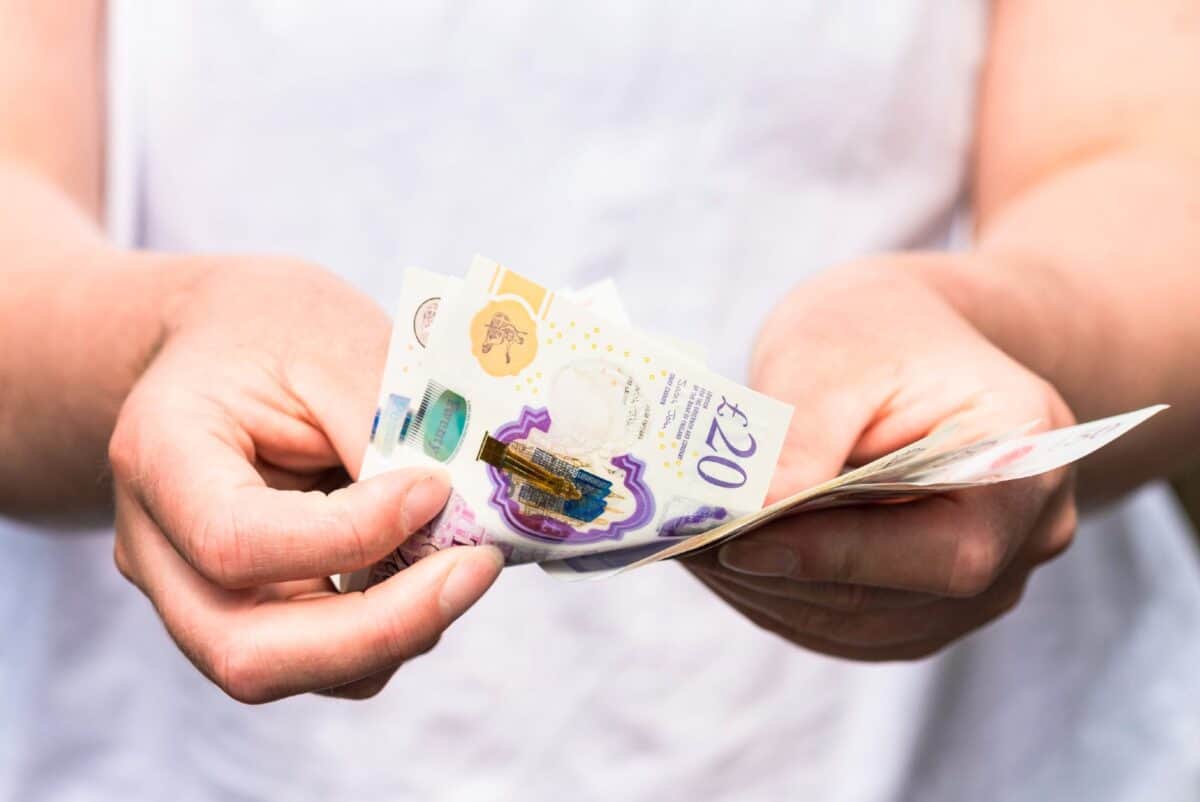With an appealing 4.23% dividend yield, many investors seeking passive income will be familiar with Airtel Africa (LSE: AAF). So for those considering a £5,000 investment, what do the numbers look like? Let’s take a balanced look at the potential returns, risks, and growth prospects of this telecoms operator.
The numbers
At first glance, the dividend seems pretty attractive. A £5,000 investment would yield about £211.50 in annual passive income. This translates to about £17.63 per month – a decent supplement to one’s regular income.
I’ve held shares in the company for a number of years now. However, I think investors need to consider dividend sustainability as part of any passive income plan. The payout ratio currently stands at an eye-watering 1,858%, meaning it’s paying out significantly more in dividends than it’s earning. To me, this raises legitimate concerns about the long-term viability of these payments.
Should you invest £1,000 in JD Sports right now?
When investing expert Mark Rogers has a stock tip, it can pay to listen. After all, the flagship Motley Fool Share Advisor newsletter he has run for nearly a decade has provided thousands of paying members with top stock recommendations from the UK and US markets. And right now, Mark thinks there are 6 standout stocks that investors should consider buying. Want to see if JD Sports made the list?
Lots of potential
While the dividend situation presents some concerns, the firm’s growth potential shouldn’t be overlooked. The company operates across 14 African countries, including major markets like Nigeria, Kenya and Uganda. This positions the firm at the forefront of a significant demographic and technological shift.
Africa boasts a young population with a median age of 19, coupled with rapidly increasing smartphone adoption. The continent is also seeing a surge in mobile money services, often leapfrogging traditional banking systems. These factors create a fertile ground for telecoms and fintech growth.
Analysts seem optimistic about this potential, forecasting annual earnings growth of 39% over the next five years. However, it’s important to remember that forecasts can be wide of the mark, especially in emerging markets.
Looking at a discounted cash flow (DCF) calculation, the shares are currently trading at 18.9% below estimates of fair value. Conversely, its price-to-earnings (P/E) ratio stands at an alarming 439.6 times, reflecting the current low earnings relative to the share price. This disparity between valuation metrics highlights the importance of looking beyond single financial ratios when assessing investment potential. But it also shows the chance of disappointment in investment returns if management fails to execute its strategy.
Risks ahead
Operating in emerging African markets comes with its share of challenges. Political instability, currency fluctuations, and evolving regulation are all factors that could impact performance.
I reckon the firm’s financial health also warrants some attention. With a debt-to-equity ratio of 90.1%, Airtel Africa carries a significant amount of debt. This $2.1bn burden could limit flexibility at a time when adaptability across rapidly evolving markets is essential.
So for would-be investors, Airtel Africa feels like a complex opportunity. The high dividend yield is tempting, but its sustainability is questionable. The company’s growth potential in rapidly evolving African markets is significant, but it comes with considerable risks.
For me, a £5,000 investment in Airtel Africa should be viewed not just as a way to generate £211.50 in annual passive income, but as a stake in the broader story of Africa’s digital and financial transformation. This perspective requires balancing the excitement of potential high growth against the reality of current financial metrics and market risks. I think there might be less risky opportunities out there though, so I won’t be buying any more shares at this point.







